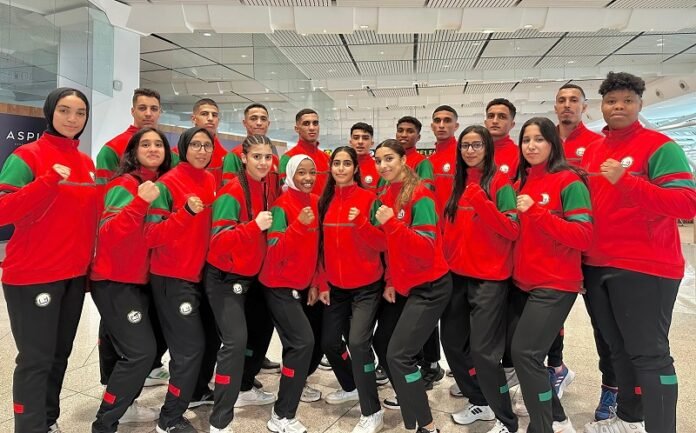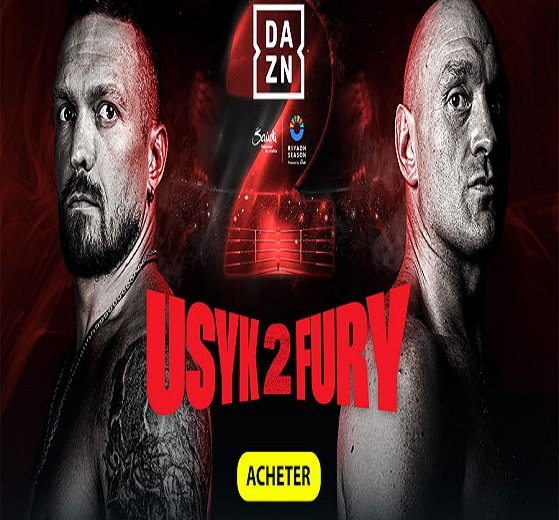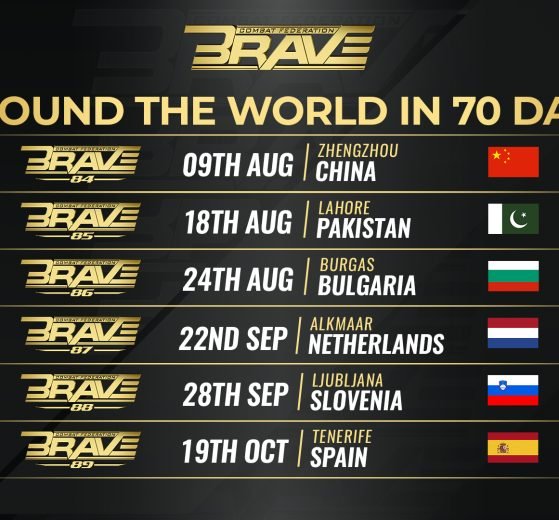From May 23 to June 1, 2025, the Moroccan national Muay Thai team will raise the Kingdom’s flag high in the skies of Antalya, Turkey, as it participates in the World Championship organized by the International Federation of Muay Thai (IFMA). A notable Moroccan presence—both in numbers and performance—reflects the sport’s growth in the country, yet it also invites questions about Morocco’s position on the international map of combat sports, and about the national vision guiding and nurturing these young talents.
The Moroccan delegation, which left on Thursday, May 22, includes dozens of young athletes—from under-23 fighters to elite competitors—with strong female representation. This suggests a clear interest in building a diverse base of athletes. Are we witnessing a strategic shift in national sports talent scouting and training? Or are we still dealing with individual or regional efforts rather than a coherent nationwide institutional strategy?
From Tripoli to Antalya: Steady Progress or a Fleeting Surge?
The Moroccan team took part just weeks ago in the African Championship in Tripoli before entering a closed training camp at the Royal Institute Moulay Rachid in Salé, and now heads to Antalya. This intensive schedule reflects a high competitive spirit—but is it a sustainable strategy? Is there an integrated system to support these athletes physically, mentally, and technically?
Names like Hiba El Karaoui, Soumaya Toullawi, or Othman Ghouni are beginning to resonate in national sports memory. But do these young athletes have the support needed to break through internationally? Or are they at risk of being sidelined due to unstable sponsorships and insufficient funding?
Betting on the “Shadow Sports”: Where Does Muay Thai Fit in National Sports Policy?
Sports like Muay Thai typically don’t receive the same visibility or political/media support as football or track and field. Yet they offer a unique platform to showcase Morocco’s strength, discipline, and creativity on the international stage. Will the state harness this momentum? Will Muay Thai be included among the “national sports priorities” in the ministry’s upcoming strategic plans?
Support, Arbitration, and Coaching: Does the Moroccan Delegation Reflect Organizational Maturity?
The Moroccan delegation includes not just athletes and coaches, but also referees, doctors, and officials like delegation head Arabi Hamouche, Dr. Nabil Boujida, and members Mustapha El Ghanam, Rachid Essahiri, and Sakina Rafia. This structure points to a relative maturity in organizing international participation. But more deeply: does it reflect a structured central policy? Or are we still dealing with isolated efforts limited by budget constraints and vague coordination between the federation, ministry, and Olympic committee?
In Depth: Is Morocco Preparing for African Leadership in Combat Sports?
Morocco, which recently hosted major events in jiu-jitsu, kickboxing, and MMA, appears objectively positioned to become a regional and continental leader in combat sports. Yet this leadership depends not just on medals, but on infrastructure, sports governance, and a long-term strategic vision.




